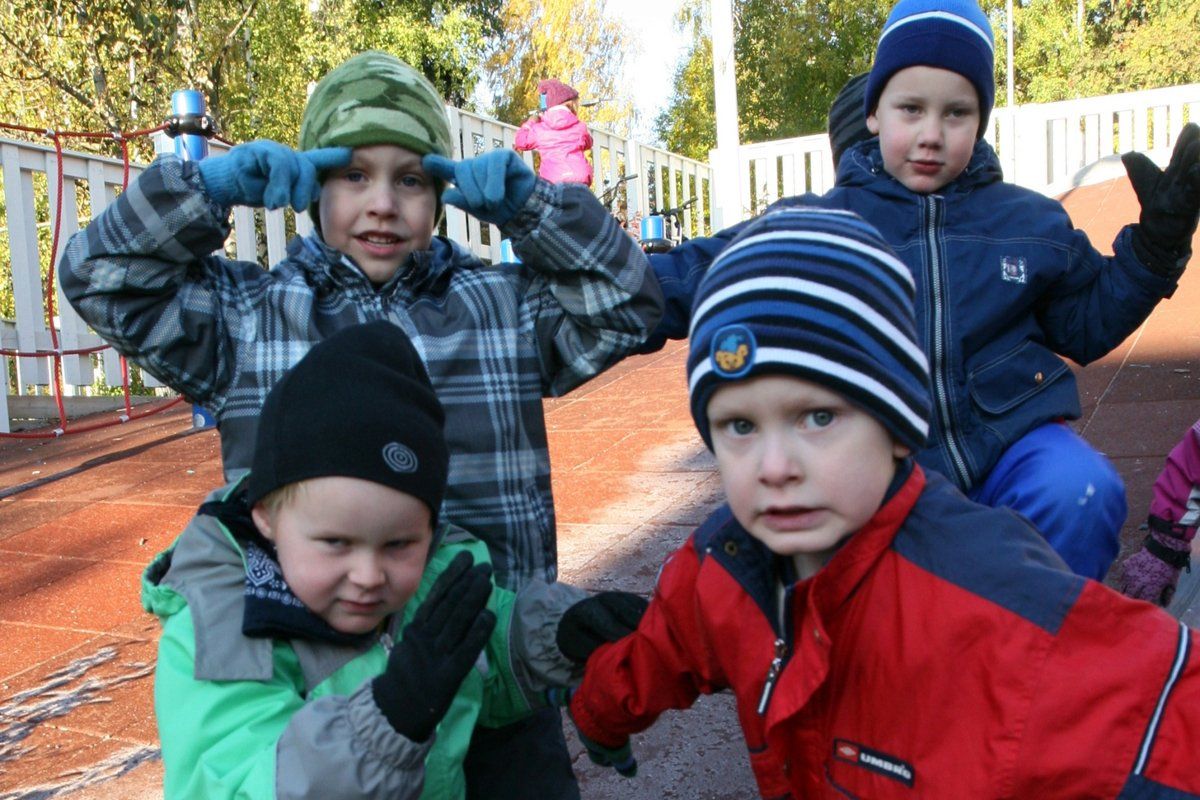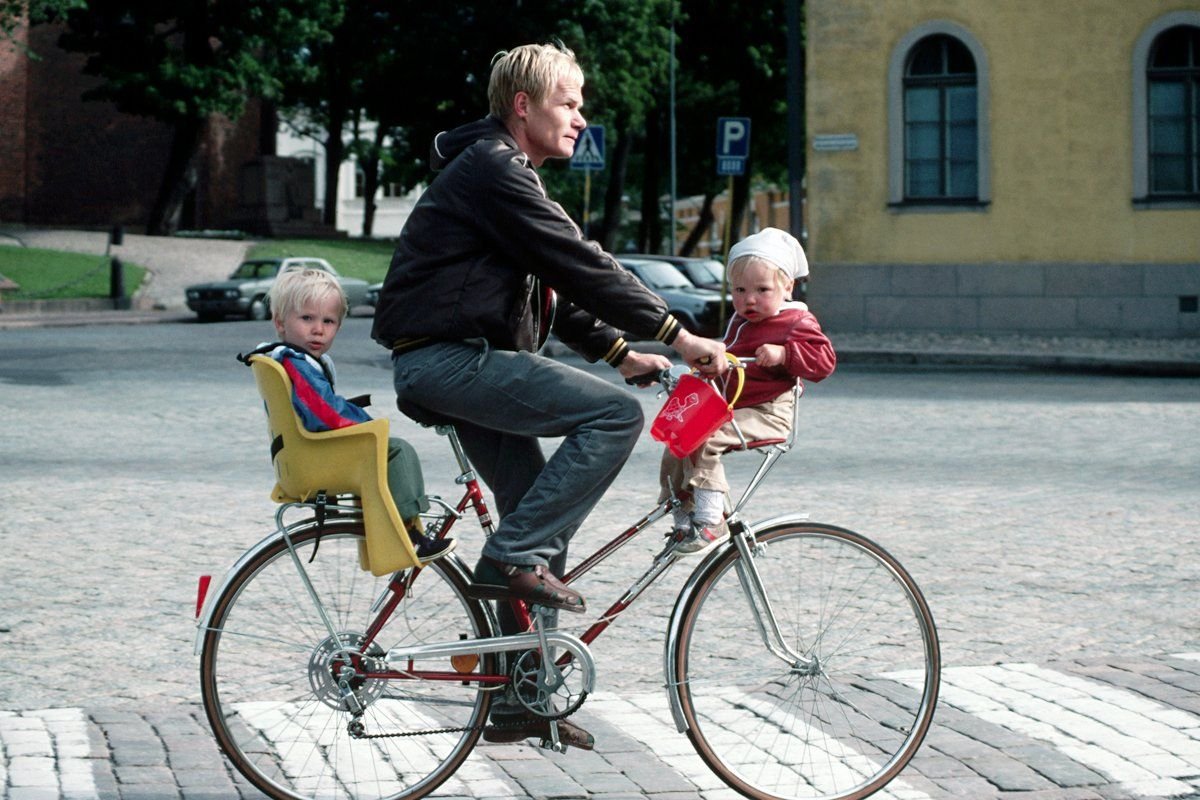
All over the world, your chances of success in school and life depend more on your family circumstances than on any other factor. By age three, kids with professional parents are already a full year ahead of their poorer peers. They know twice as many words and score 40 points higher on IQ tests. By age 10, the gap is three years. By then, some poor children have not mastered basic reading and math skills, and many never will: this is the age at which failure starts to become irreversible.
A few school systems seem to have figured out how to erase these gaps. Finland ensures that every child completes basic education and meets a rigorous standard. One Finnish district official, asked about the number of children who don't complete school in her city, replied, "I can tell you their names if you want." In the United States, KIPP charter schools enroll students from the poorest families and ensure that almost every one of them graduates high school—80 percent make it to college. Singapore narrowed its achievement gap among ethnic minorities from 17 percent to 5 percent over 20 years.

These success stories offer lessons for the rest of us. First, get children into school early. High-quality preschooling does more for a child's chances in school and life than any other educational intervention. One study, which began in the 1960s, tracked two groups of students from disadvantaged backgrounds. Some were given the opportunity to attend a high-quality preschool; others were not. Thirty-five years later, the kids who went to preschool were earning more, had better jobs, and were less likely to have been in prison or divorced.
Second, recognize that the average kid spends about half his waking hours up until the age of 18 outside of school—don't ignore that time. KIPP students spend 60 percent more time in school than the average American student. They arrive earlier, leave later, attend more regularly, and even go to school every other Saturday. Similarly, in 1996, Chile extended its school day to add the equivalent of more than two more years of schooling.
Third, pour lots of effort into training teachers. Studies in the United States have shown that kids with the most effective teachers learn three times as much as those with the least effective. Systems such as Singapore's are choosy about recruiting; they invest in training and continuing education; they evaluate teachers regularly; and they award bonuses only to the top performers.
Finally, recognize the value of individualized attention. In Finland, kids who start to struggle receive one-on-one support from their teachers. Roughly one in three Finnish students also gets extra help from a tutor each year. If we can learn the lesson of what works, we can build on it.
Mourshed and Whelan are consultants at McKinsey.
Uncommon Knowledge
Newsweek is committed to challenging conventional wisdom and finding connections in the search for common ground.
Newsweek is committed to challenging conventional wisdom and finding connections in the search for common ground.
About the writer
To read how Newsweek uses AI as a newsroom tool, Click here.








